Eighteen B.C. fish harvesters called in live from wheelhouses, skiffs, and docks last week to send Ottawa a message: it’s time to protect coastal jobs and communities by creating an owner-operator licensing program.
Ottawa should start by banning the sale of licences or fish quota to foreign corporations, the harvesters said, and then implement sweeping changes similar to those in place in Atlantic provinces to give small-boat fishers a fighting chance to succeed.
Sitting at the other end of the Zoom call were three members of Parliament who vowed to take the harvesters’ demand straight to federal fisheries minister Joyce Murray.
“I will make sure the minister gets your message,” said Ken Hardie, Liberal MP for Fleetwood – Port Kells and a lead government member on Parliament’s standing committee on fisheries. Lisa Marie Barron, NDP MP for Nanaimo-Ladysmith, and Mel Arnold, Conservative from North Okanagan Shuswap, promised to make sure he did.
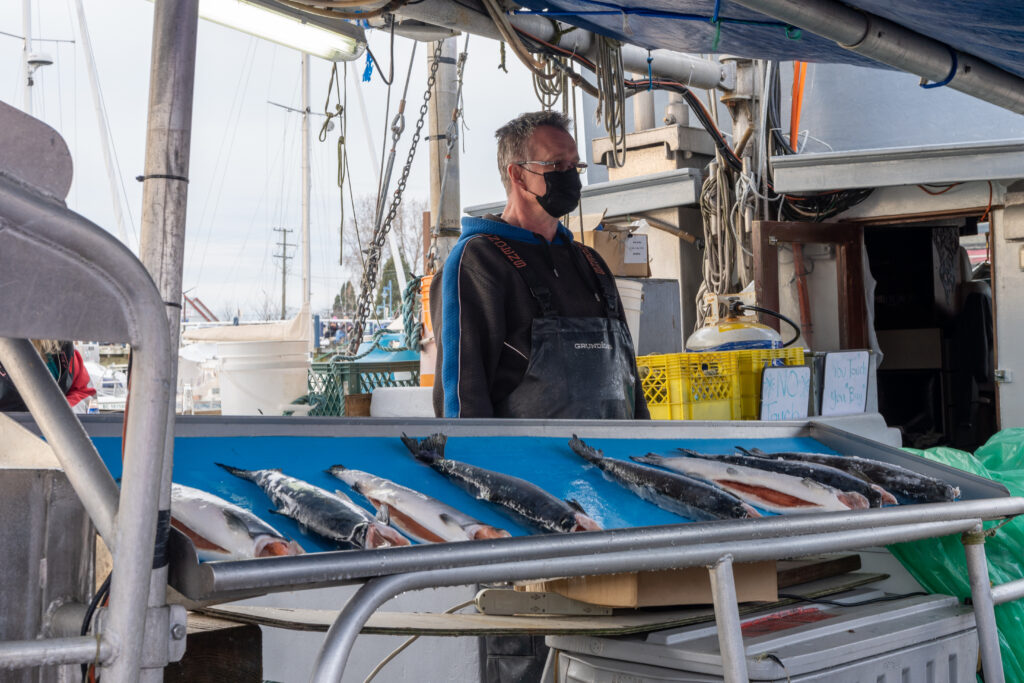
It is already too late for fish harvester Kyle Louis, who learned just before the call that he had been outbid for a prawn quota he needed to keep his business going.
The dramatic live engagement with federal politicians came at the end of a two-day Victoria conference called Fisheries for Communities that brought together harvesters, small business owners, and First Nations leaders from one end of the B.C. coast to the other.
Delegates achieved consensus on a policy document setting out how the shift to an owner-operator licensing system should work. It would apply to commercial allocations separate and distinct from Indigenous fisheries while respecting Indigenous rights and treaties.
Unlike Atlantic provinces, where independent small boat harvesters must both own and operate their vessels, B.C.’s fishery operates on a transferable quota system, where corporations and foreigners can buy, sell, or lease the right to fish and hire others to catch it.
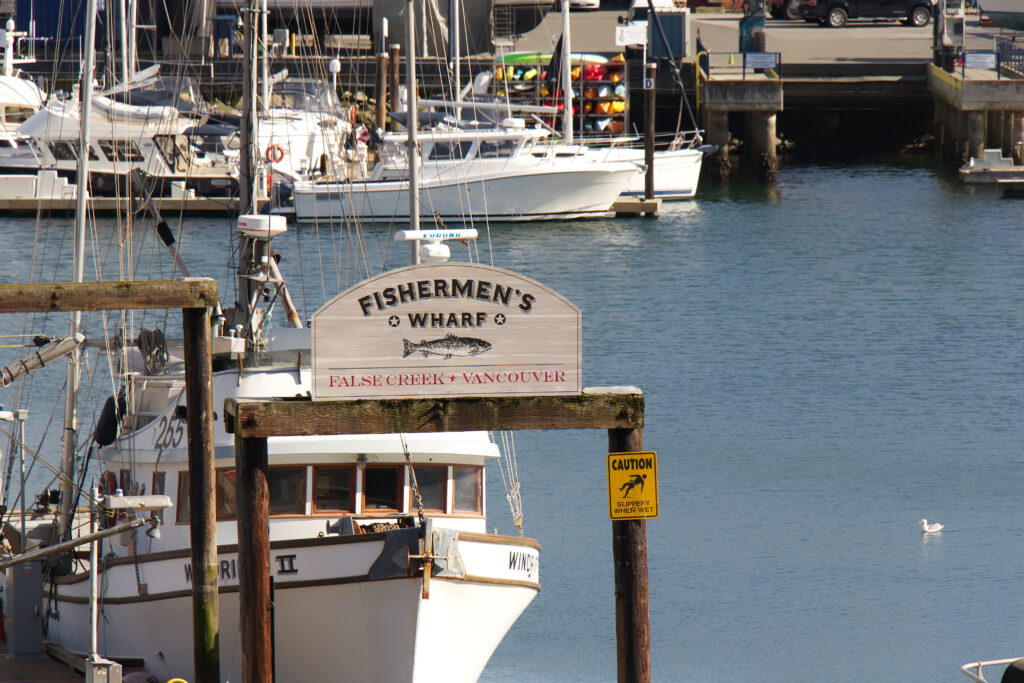
Under an owner-operator system, small-boat harvesters would have to operate their own businesses while being protected from competition from big corporations. The jobs and profits from their harvest would flow back to coastal communities.
The policy was strongly endorsed by Coastal First Nations in a letter last week to Fisheries Minister Joyce Murray and Premier David Eby, making the demand for owner-operator licensing the overwhelming position of grassroots commercial fishing harvesters and their communities.
An owner-operator policy would reduce and eventually eliminate the competitive bidding for licences and quota that is driving out independent harvesters, both Indigenous and non-Indigenous, wrote CFN President Chief Marilyn Slett.
“A renewed owner-operator licencing regime will help to bring back a true market-based fishing economy that supports coastal communities and independent fishers,” she wrote.
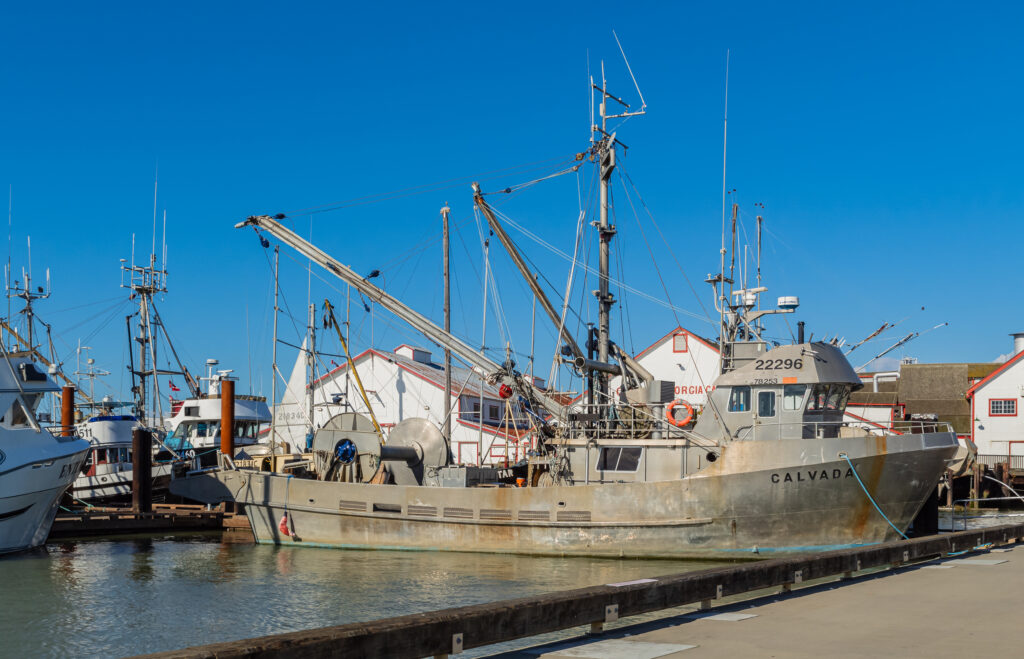
The change can’t come soon enough for coastal communities that have seen jobs lost, businesses closed, and communities ravaged even though fish landings have increased.
Although many salmon and herring fisheries have been closed for conservation reasons, stocks like halibut, shellfish, prawns, crabs, and groundfish are valuable and abundant.
But DFO’s current policy allows corporate and investor owners to acquire unlimited licences and quota, often shutting out independent harvesters and reducing them to a “sharecropper fishery.”
The goal of the owner-operator system, according to the policy document, is to ensure that “independent harvesters, First Nations and coastal communities are primary recipients of the economic and social benefits derived from harvesting seafood.” The transition to a new system would take up to seven years and include extensive consultation on a fishery-by-fishery basis.
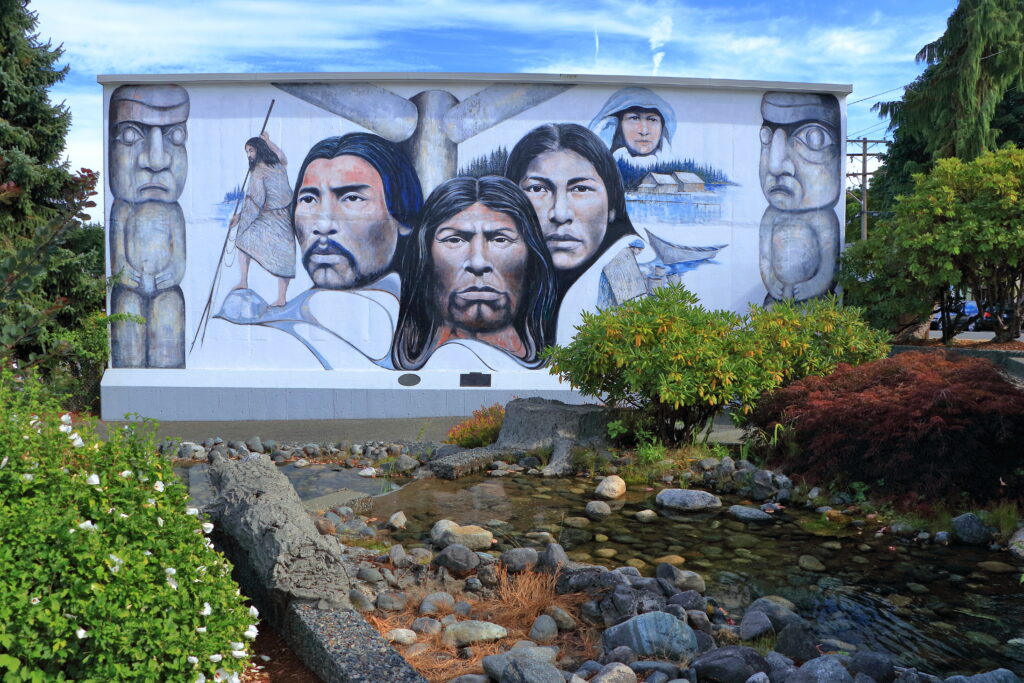
The owner-operator option was endorsed by the House of Commons Standing Committee on Fisheries and Oceans in 2020, but the DFO has struggled even to complete a survey to determine the degree of corporate and beneficial ownership in the current system.
Only 30 percent of licence holders replied to the mandatory survey form, said Neil Davis, regional director of DFO’s fisheries management branch. Months of work was required to bring the response rate up to 85 percent. Results should be released this summer.
“We have a commitment to follow through,” Davis said. “Advice will go forward based on what we heard.”




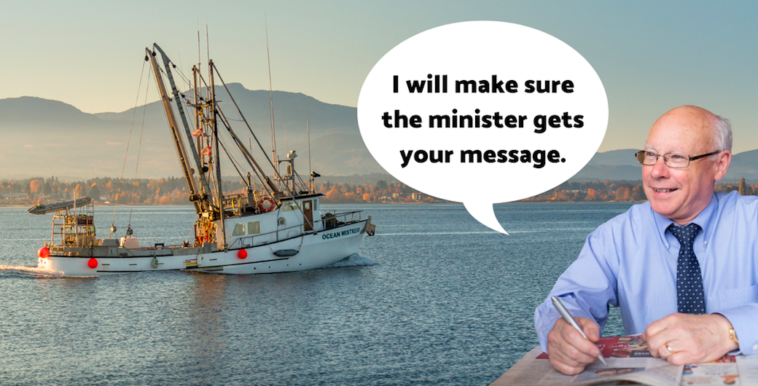

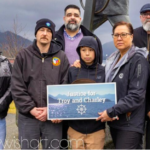
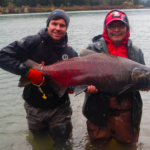
One Comment